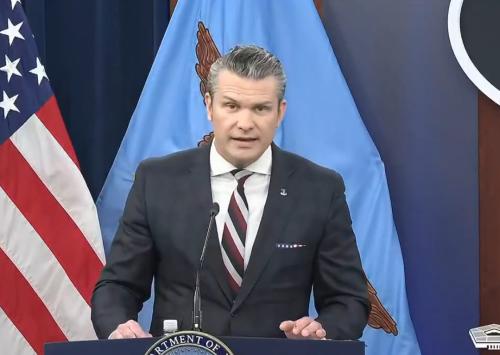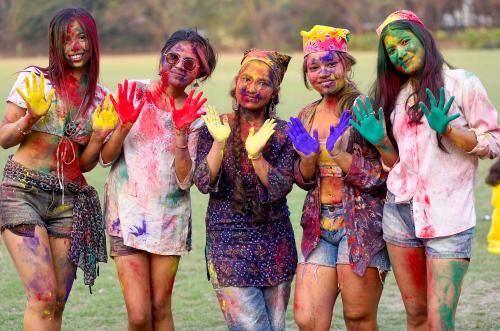New Delhi, April 16 (IANS) With Covid-19 spreading fiercely in many parts of the country, it has now become extremely important to follow all the precautionary measures, besides wearing a mask, to keep infections at bay, health experts have said. It is important to understand that the virus responsible for Covid-19 spreads mainly from person to person. Therefore, coming in close contact with a sick person can put them in danger. Doctors have therefore advised that in times like these indoors social gathering could be full of risks. "Covid cases in India are increasing because people are not taking even basic protective and preventive measures such as hand washing, regular sanitation, social distancing," Rahul Bhargava, Director and Head, Haematology and Bone Marrow Transplant, Fortis Memorial Research Institute, Gurugram, told IANS. "There is an urgent need to maintain social distancing -- at least six feet. People need to understand that this virus is spreading via droplets in the air. We are at an important juncture in our fight against Covid and need to be very very careful and vigilant." And at any time, people should try to minimise touching their eyes, nose and mouth. "Even if one wears mask but doesn't maintain social distancing and keep it below the nose then also, she or he is at the risk of getting infected," said Swadesh Kumar, Consultant and Head of Emergency Department and Medical Services, Narayana Hospital Gurugram. "The technique of wearing a mask should be right. Keep washing your masks with soap water or detergent and avoid touching them repeatedly while wearing. These small efforts can potentially save lives." According to the US Centers for Disease Control and Prevention (CDC), when a person with suspected or confirmed Covid-19 has been indoors, the virus can remain suspended in the air for minutes to hours. Numerous factors can influence the length of time the virus remains suspended and is infectious. These include viral load in respiratory droplets or in small particles, disturbance of air and surfaces, ventilation, temperature, and humidity. "Wearing masks consistently and correctly can substantially reduce the amount of virus indoors, including the amount of virus that lands on surfaces," the CDC said. But the health agency also pointed out that based on limited epidemiologic and experimental data, the risk of infection from entering a space where a person with Covid-19 has been is low only after 24 hours. During the first 24 hours, the risk can be reduced by increasing ventilation and waiting as long as possible before entering the space, and using personal protective equipment to reduce risk, it said. "The principal mode by which people are infected with SARS-CoV-2 is through exposure to respiratory droplets carrying infectious virus," it said. "It is possible for people to be infected through contact with contaminated surfaces or objects (fomites), but the risk is generally considered to be low," it said. In its updated guidelines for Covid-19, the CDC said that quantitative microbial risk assessment (QMRA) studies have been conducted to understand and characterise the relative risk of SARS-CoV-2 fomite transmission and evaluate the need for and effectiveness of prevention measures to reduce risk. Findings of these studies suggest that the risk of SARS-CoV-2 infection via the contaminated surfaces or objects transmission route is low, and generally less than 1 in 10,000, which means that each contact with a contaminated surface has less than a 1 in 10,000 chance of causing an infection. The health agency pointed out that routine cleaning performed effectively with soap or detergent, at least once per day, can substantially reduce virus levels on surfaces. When focused on high-touch surfaces, cleaning with soap or detergent should be enough to further reduce the relatively low transmission risk from contaminated surfaces or objects in situations when there has not been a suspected or confirmed case of Covid-19 indoors. But in situations when there has been a suspected or confirmed case of Covid-19 indoors within the last 24 hours, the presence of infectious virus on surfaces is more likely and therefore high-touch surfaces should be disinfected. India reported over 2 lakh new Covid-19 cases in the last 24 hours, the biggest single-day spike ever, taking the overall tally to 1,40,74,564, cases on Thursday, according to the Health Ministry data.
Why wearing mask is not enough to keep Covid at bay
- by Rinku
- April 16, 2021 2 minutes

It has now become extremely important to follow all the precautionary measures, besides wearing a mask, to keep infections at bay. (Photo : Sandeep Mahankal/ IANS)
India's forex reserves up by over $4 bn
April 16, 2021










